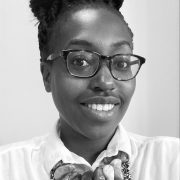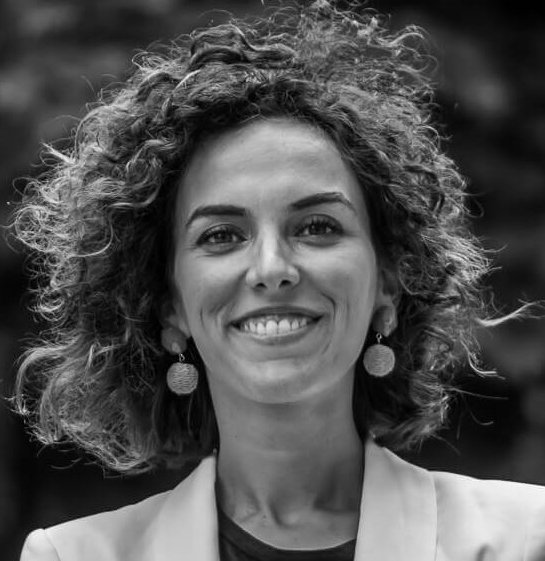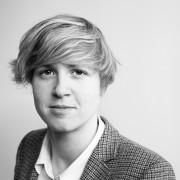Blog Post
Bruegel’s commitment to gender balance
Reflecting on gender balance is crucial to improve think tanks’ ways of working and effectiveness.
International Women’s Day is the day to celebrate the social, economic, cultural and political achievement of women, to reflect on the progress made but also to call for change.
It is also, therefore, an opportunity for organisations like think tanks to reflect on what they are doing to address gender equality challenges. Think tanks can, in fact, play an active role in defining innovative strategies to address these challenges in the internal policies they implement, in the research that they produce, the capacity of the organizations they work with and the stakeholders they engage.
Bruegel highly values gender equality and is committed to improving gender balance in different forms. Over the past few years, we have put increasing efforts into bettering our internal gender balance policies. It is a gradual change that requires time and, while much more needs to be done, we believe that small steps and changes can contribute to bringing more equal participation by women and men at all levels of an organisation. We have therefore undertaken actions and begun processes to address this issue.
Following recommendations from the Review TaskForce (2016) (a triennial evaluation of Bruegel’s work, made by an independent committee) and from Bruegel members and stakeholders on the need to improve the gender representation among Bruegel staff and governing bodies, we took steps to bring more gender diversity into our leadership roles. Since 2016, female representation has increased from 25% to 40% on the Bruegel management team; from 18% to 40% on the Bruegel board; and from 12.5% to 37.5% on the Bruegel scientific council.
In 2013, the female/male ratio of speakers at all Bruegel events was 10%. Active efforts have been made since then to invite female speakers, and the proportion of female speakers has been gradually increasing. In 2017 the ratio had risen to 24%. As an example, in 2012 our Annual Meetings – Bruegel’s flagship conference – featured no female speakers, while in 2017 28% of the panellists were women.
Key to this improvement was the collection of data and the implementation of a system of speaker tracking. This is necessary to constantly monitor our advancements and downsides, and to share these with Bruegel staff, who gradually became more involved in Bruegel’s efforts to improve these statistics and, therefore, the diversity of perspectives in our policy debates.
This was also made possible by the awareness created by The Brussels Binder, a database of female experts aiming to improve diversity in panels, co-founded by a group of women in think tanks, including Bruegel, which was officially launched in Brussels on January 31, 2018.
While our operational team is well balanced (50% are women), we are still struggling to increase gender diversity in our research staff, with only 18% of our scholars being female. We are keen to advance on this, while at the same time being conscious that this figure depends somewhat on the reduced pool of female academic economists in top European Universities.
Much more needs to be done on gender, but also by looking further at age, regional and ethnic diversity, and we are well aware of this. Nevertheless, today, on this Women’s International Day, we are pleased to see that our active efforts to improve gender diversity gradually pay back, while also supporting a progressive cause and improving our own way of working. Ad majora!
Republishing and referencing
Bruegel considers itself a public good and takes no institutional standpoint. Anyone is free to republish and/or quote this post without prior consent. Please provide a full reference, clearly stating Bruegel and the relevant author as the source, and include a prominent hyperlink to the original post.




